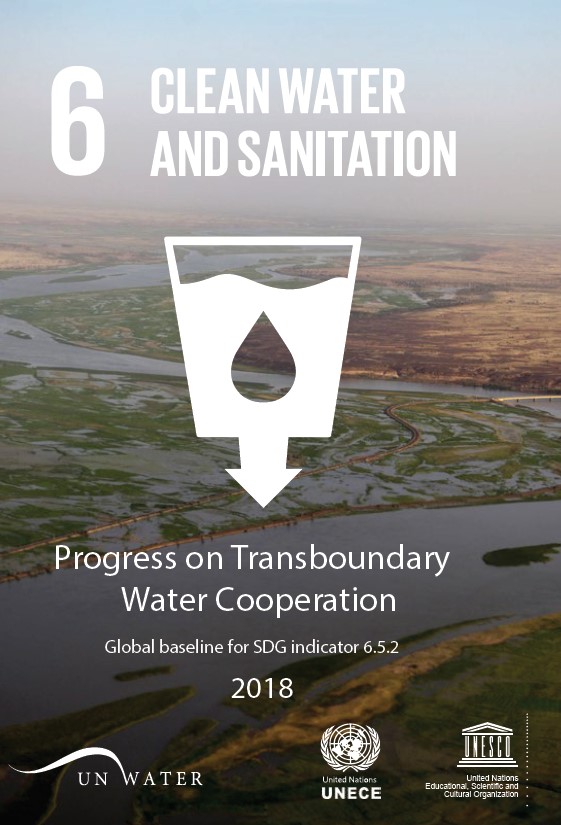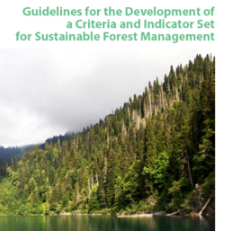
Over 80% of UNECE member States have undertaken Voluntary National Reviews, tracking progress made, challenges and sharing lessons learned in 2030 Agenda implementation. This demonstrates the strong commitment of governments in the region to advancing SDGs progress.
UNECE and UNESCO are co-custodians of SDG indicator 6.5.2 on transboundary water cooperation, compiling country data and supporting countries in their monitoring efforts. The first ever report for this indicator highlighted the need to strengthen transboundary water cooperation worldwide, building on frameworks including the Water Convention, serviced by UNECE.
50 UNECE Environmental Performance Reviews have helped 20 countries adopt concrete measures to improve environmental sustainability and track SDG progress across all sectors.
The Shared Environmental Information System enables countries across the pan-European region to connect databases and make environmental data more accessible, so facilitating regular environmental assessments and reporting. The mid-term review on establishing a SEIS in Europe and Central Asia demonstrated that many countries have continued to harmonize environmental data flows and improve their readiness to report on the state of the environment and the 2030 Agenda.
The Protocol on Water and Health assists countries through its process of target-setting; and monitoring of implementation with support to parties through best practices and technical capacity-building at all levels, which facilitates the identification of appropriate and achievable national targets and indicators, and the monitoring of progress.

UNECE’s Air Convention supports countries in monitoring air quality thanks to a network of over 150 sites providing data to assess the environmental and health impacts of air pollution.
 UNECE is partner agency for multiple transport-related SDG indicators, covering:
UNECE is partner agency for multiple transport-related SDG indicators, covering:- Road safety statistics (partner agency for SDG indicator 3.6.1)
- Transport statistics (partner agency for indicators 9.1.1 and 9.1.2)
- Sustainable mobility (partner agency for indicator 11.2.1).
Through development of appropriate indicators and improving the quality of energy statistics, UNECE supports enhanced measurement and decision-making for improved energy system management.

Sustainable forest management requires an effective monitoring framework and the institutional capacities for its implementation. Guidelines for the Development of a Criteria and Indicator Set for Sustainable Forest Management, developed by UNECE and FAO to support Armenia, Georgia, Kazakhstan, Kyrgyzstan and Uzbekistan in the development of their national systems, are available to help all countries monitor progress on sustainable forest management.
UNECE coordinates the regional review and follow up for the UN policy frameworks on population dynamics (ICPD) and population ageing (MIPAA). UNECE and UNFPA jointly developed a monitoring framework to track progress on implementation of the ICPD Programme of Action, for which over half of the indicators are SDG indicators.

UNECE, jointly with its sister UN Regional Commissions, supports the Global Survey for Sustainable and Digital Trade Facilitation. The Interactive Database of the Global Survey allows more than 120 countries around the world to benchmark their performance and inform policy makers on priorities to advance their national strategies for trade facilitation and paperless trade.

UNECE conducts evidence-based studies to help countries identify and remove regulatory and procedural barriers to trade, develop action plans for generating efficiency gains throughout supply chains, and diversify exports. Studies have been carried out for Albania, Armenia, Belarus, Georgia, Kazakhstan, Kyrgyzstan, the Republic of Moldova and Tajikistan.
UNECE has developed an Innovation Policy Outlook – a composite index assessing the scope, quality, and performance of policies, institutions, and instruments promoting innovation for sustainable development.